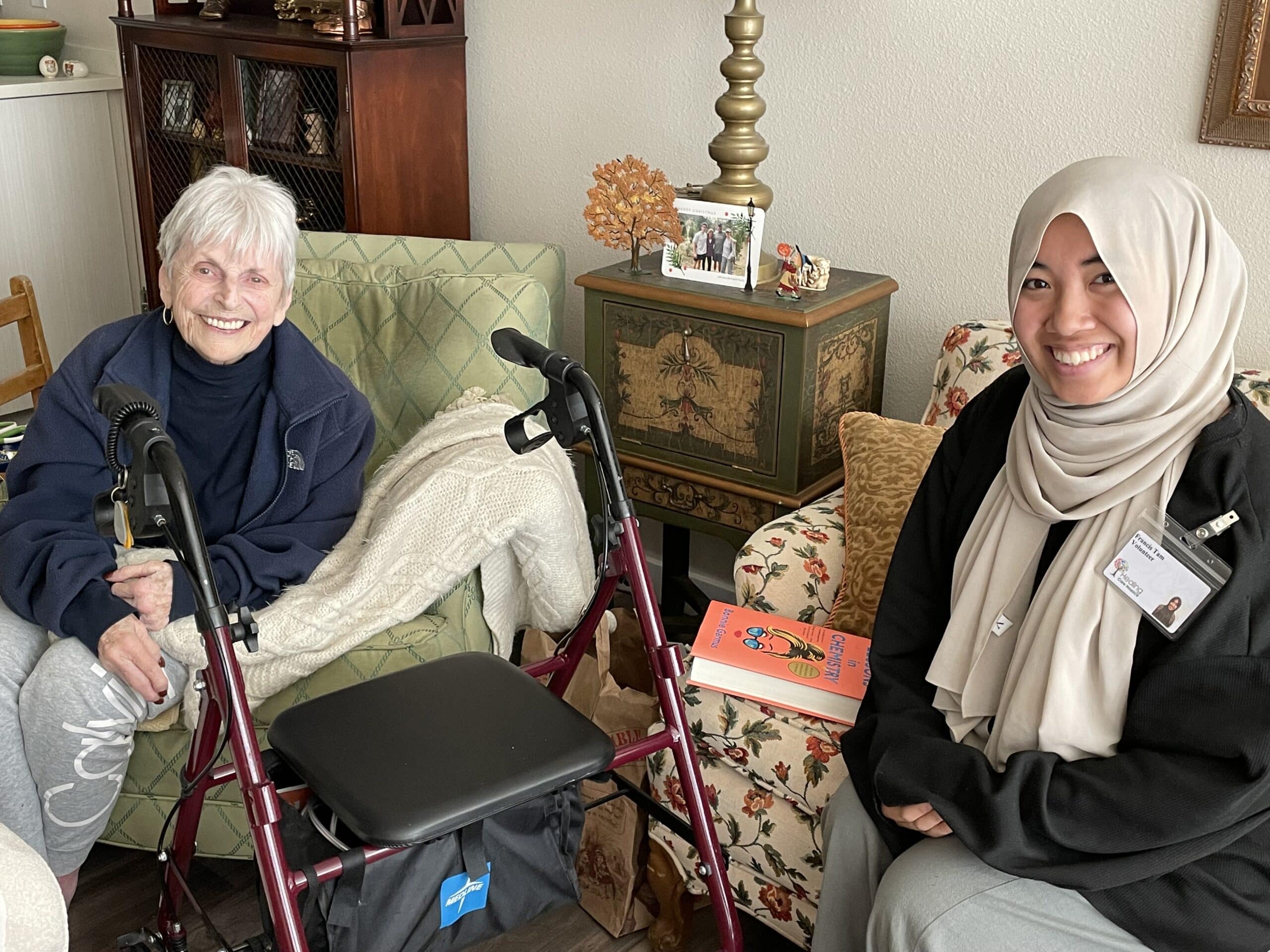Reasons to Consider a Career as a Hospice Nurse
Medical ProfessionalThe Advantages of Working as a Nurse in Hospice

There are many great reasons to consider a career as a hospice nurse. The first is that the work can be very meaningful and gratifying. Working with patients at the end-of-life requires nurses to be totally present—physically, emotionally, and spiritually. The reward comes from knowing that you are caring for your patients and families at a truly difficult and vulnerable time in their lives, and that you are able to make a real impact on their experience.
Personal Bonds with Patients
Most hospice care is provided in the home, and hospice patients can be on our service for several months, so the opportunity exists to form a more intimate and personal bond with your patients and their families. It is common for hospice nurses to sit with their patients and their family members for extended periods of time to reminisce, hear stories, look through photo albums, pray, and break bread. It is also common for hospice nurses to remain connected with their patients’ families after their patients pass away.
Flexible Work Schedule
Hospice nurses at Healing Care Hospice also enjoy a more flexible work schedule than nurses who work at hospitals, nursing homes, or clinics. Our RN Case Managers are typically assigned between twelve to fifteen patients, who they typically visit two to three times per week. As long as the patient’s and family’s needs are met, our RN Case Managers have discretion as to when to schedule these visits throughout their work week. There is also a great deal of phone calls, documentation, meetings, and follow-ups that occur throughout the week, but this work can also occur with some level of flexibility.
Fewer Hours on Your Feet
Working at hospitals and nursing homes often requires nurses to spend long hours on their feet, which can be very exhausting. Hospice nursing is different. Though there may be a lot of driving involved (depending on where your patients are located as compared to your home), you are not going to be on your feet for extended periods of time. Additionally, though you are working as part of an interdisciplinary team, with whom you are in constant communication, there is an aspect of this work that is very independent and solitary.
Want to learn more about why you should consider a career in hospice?



